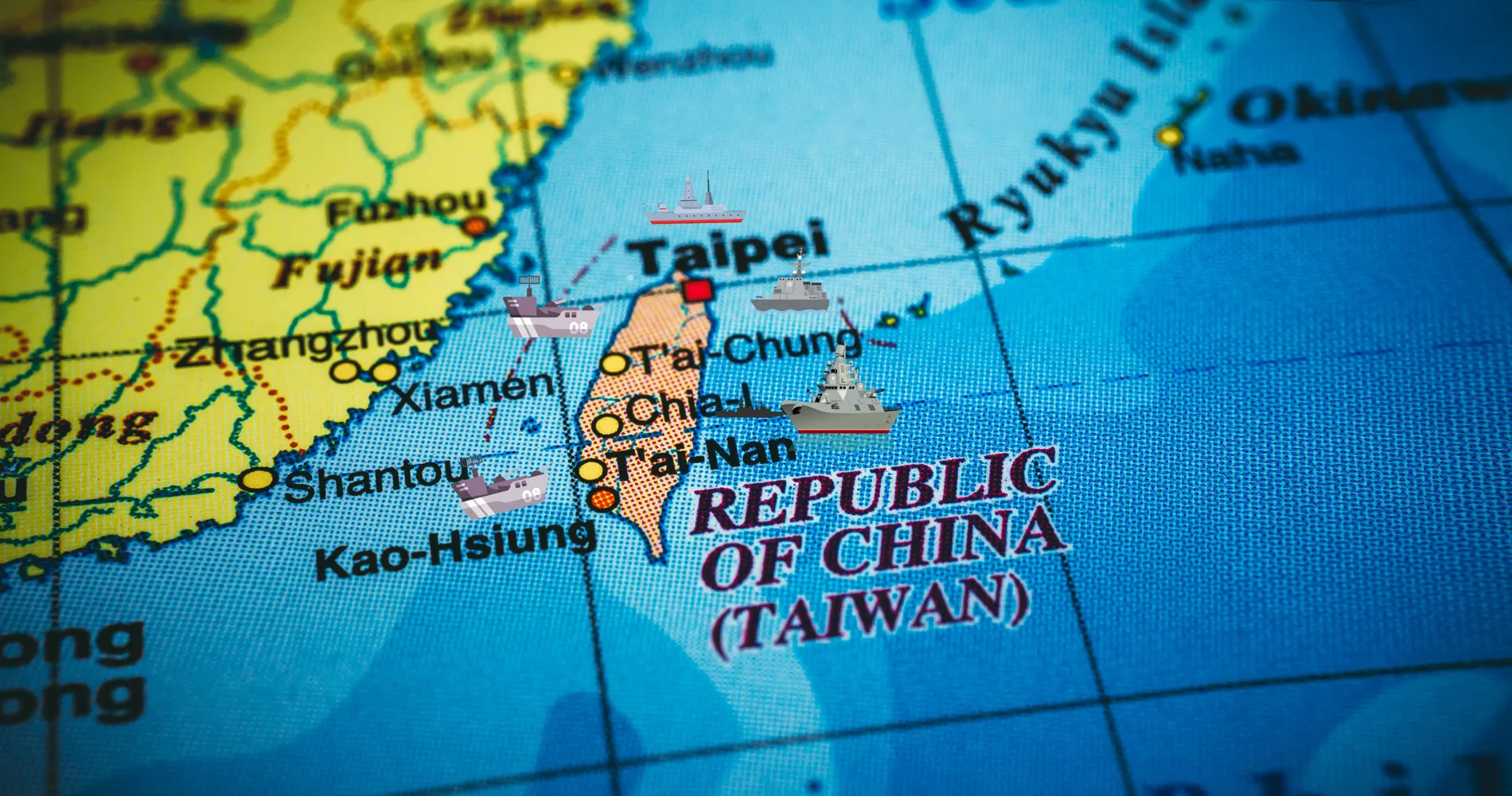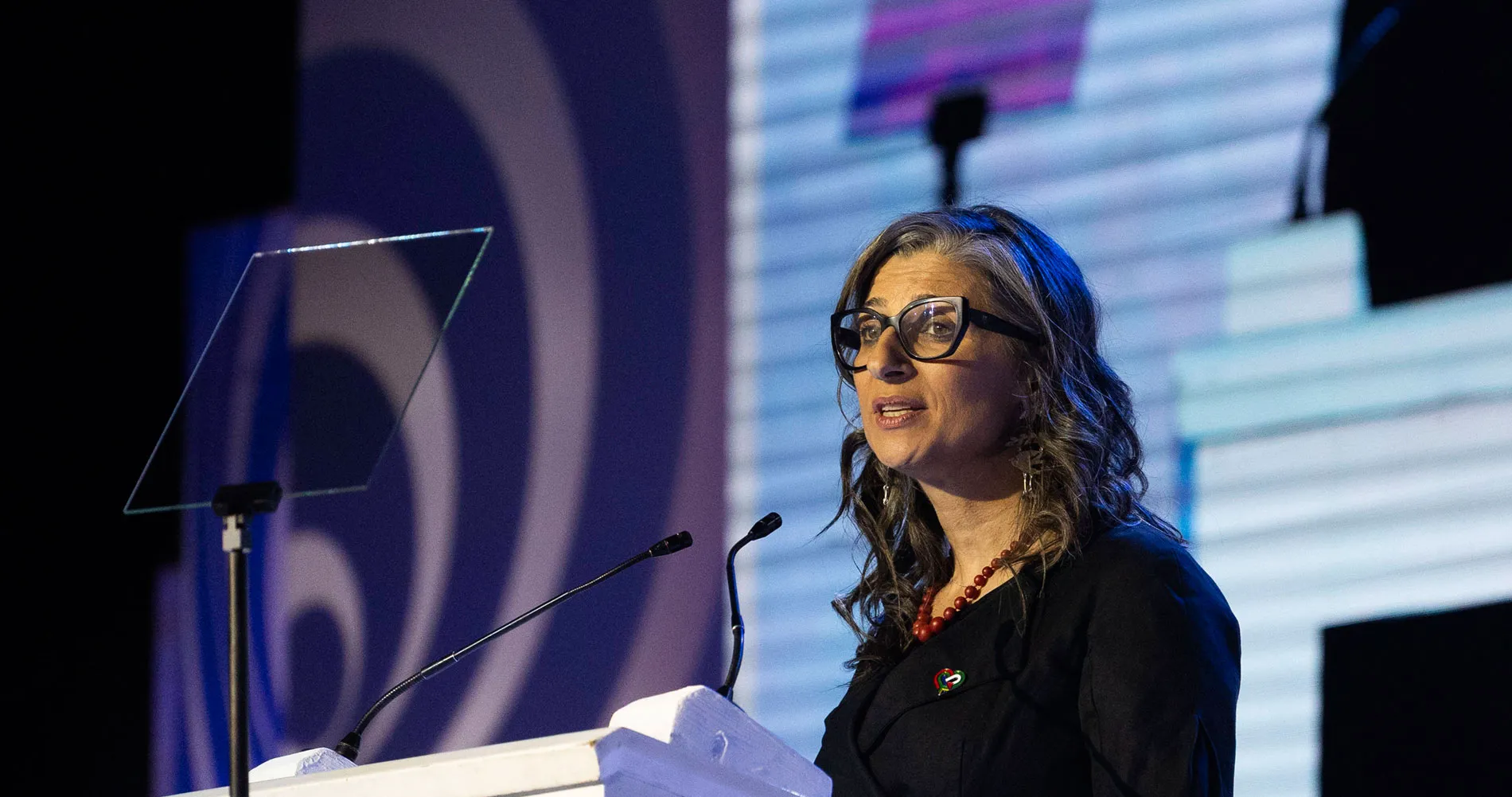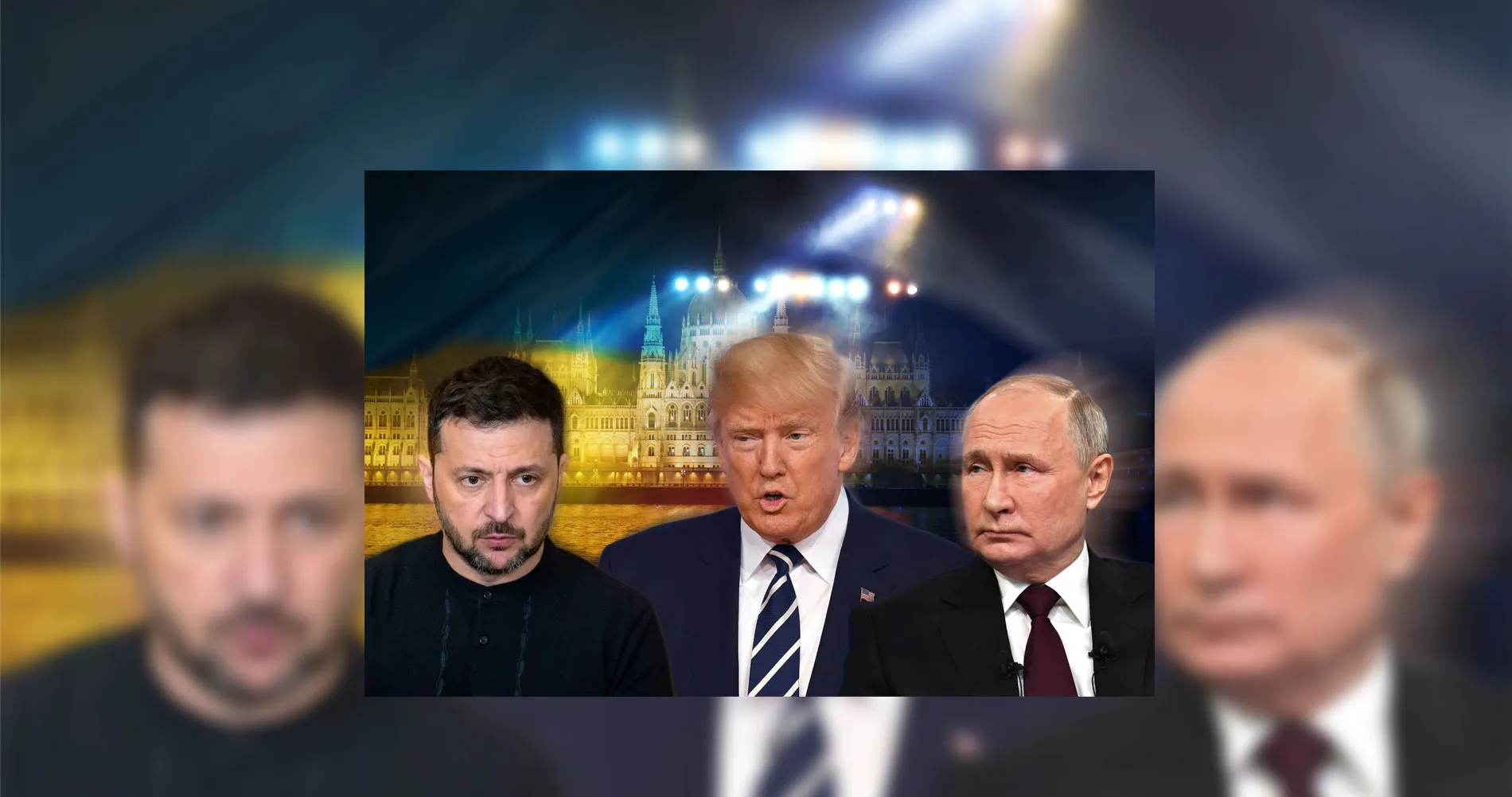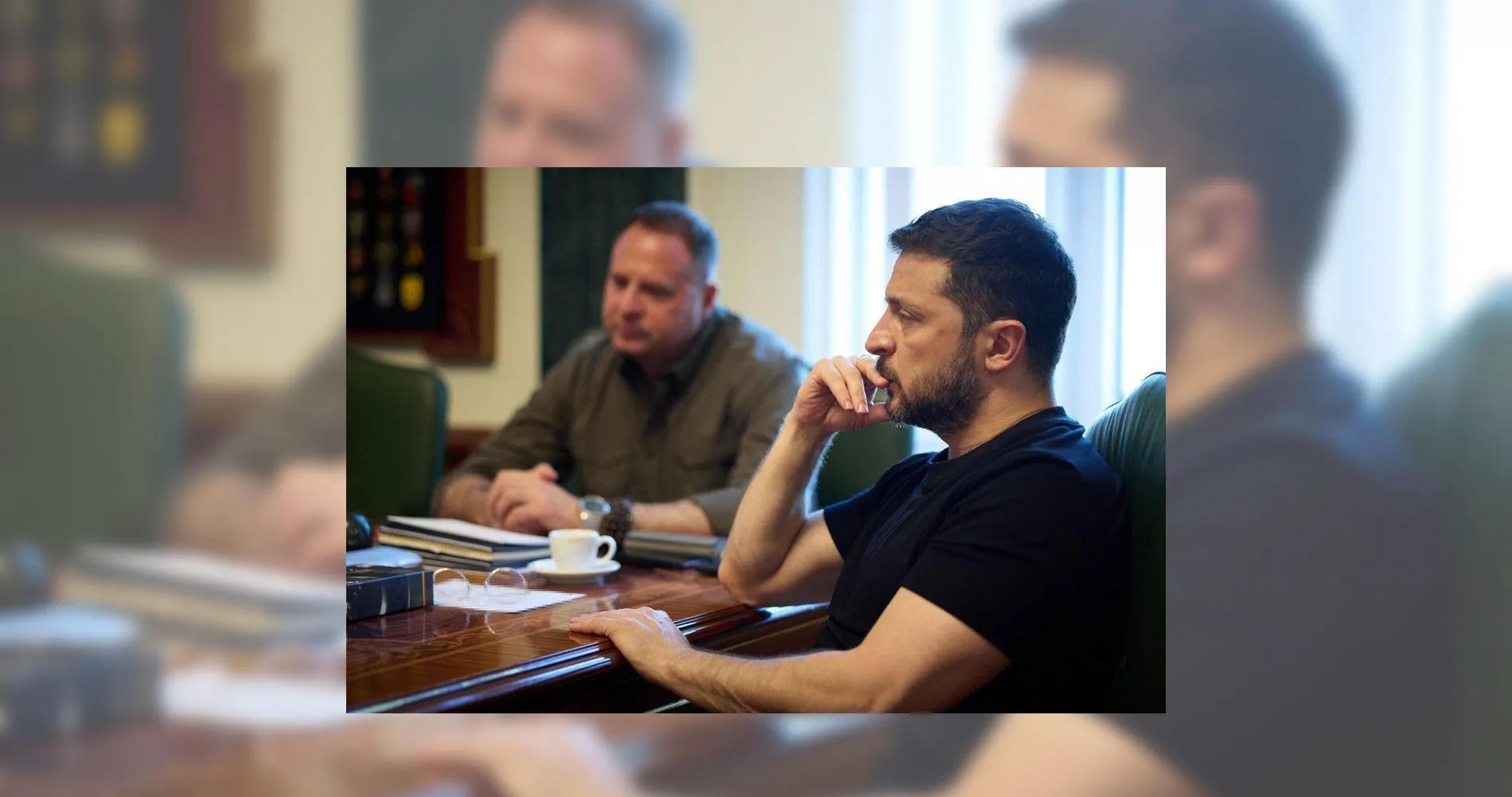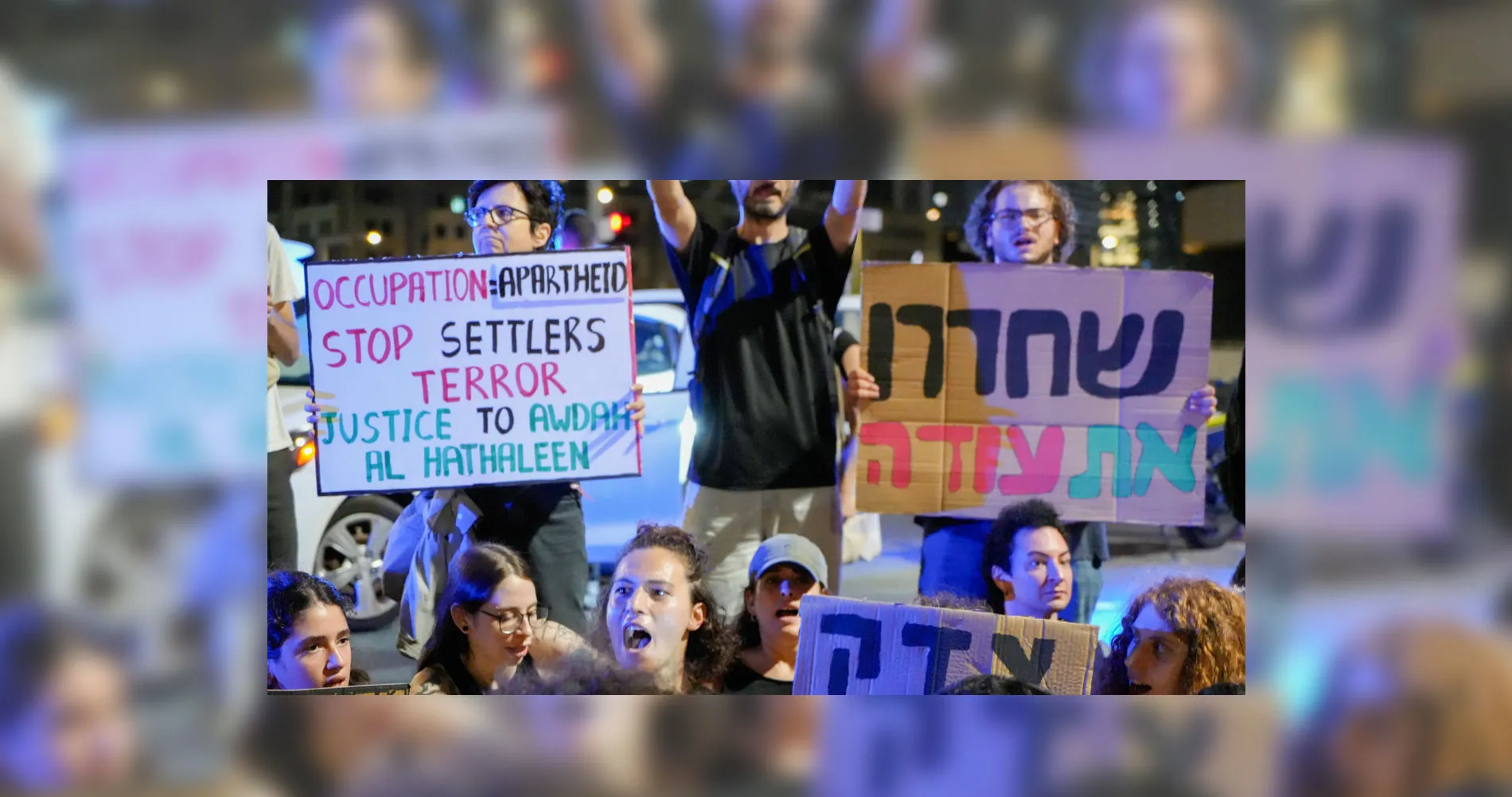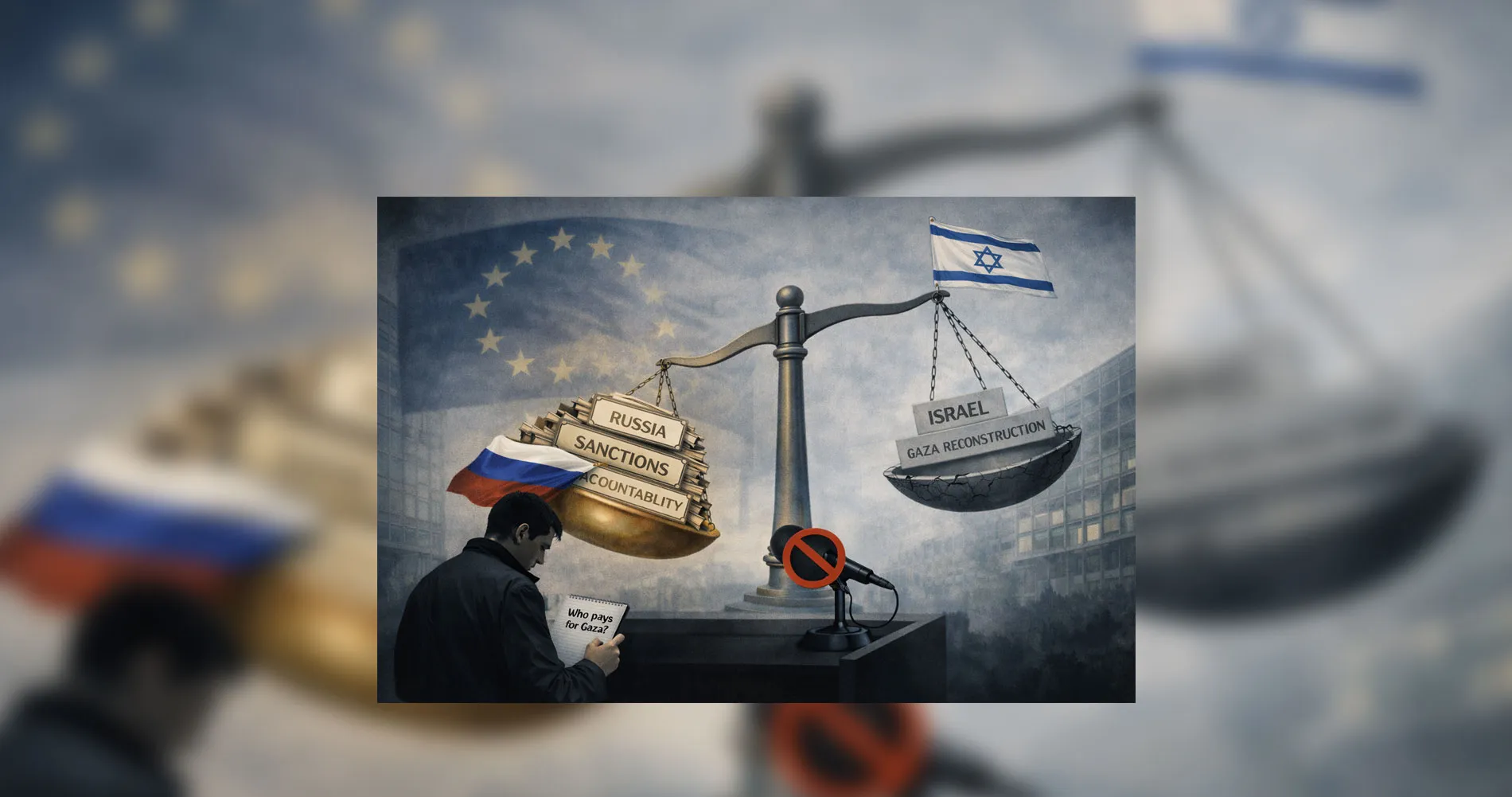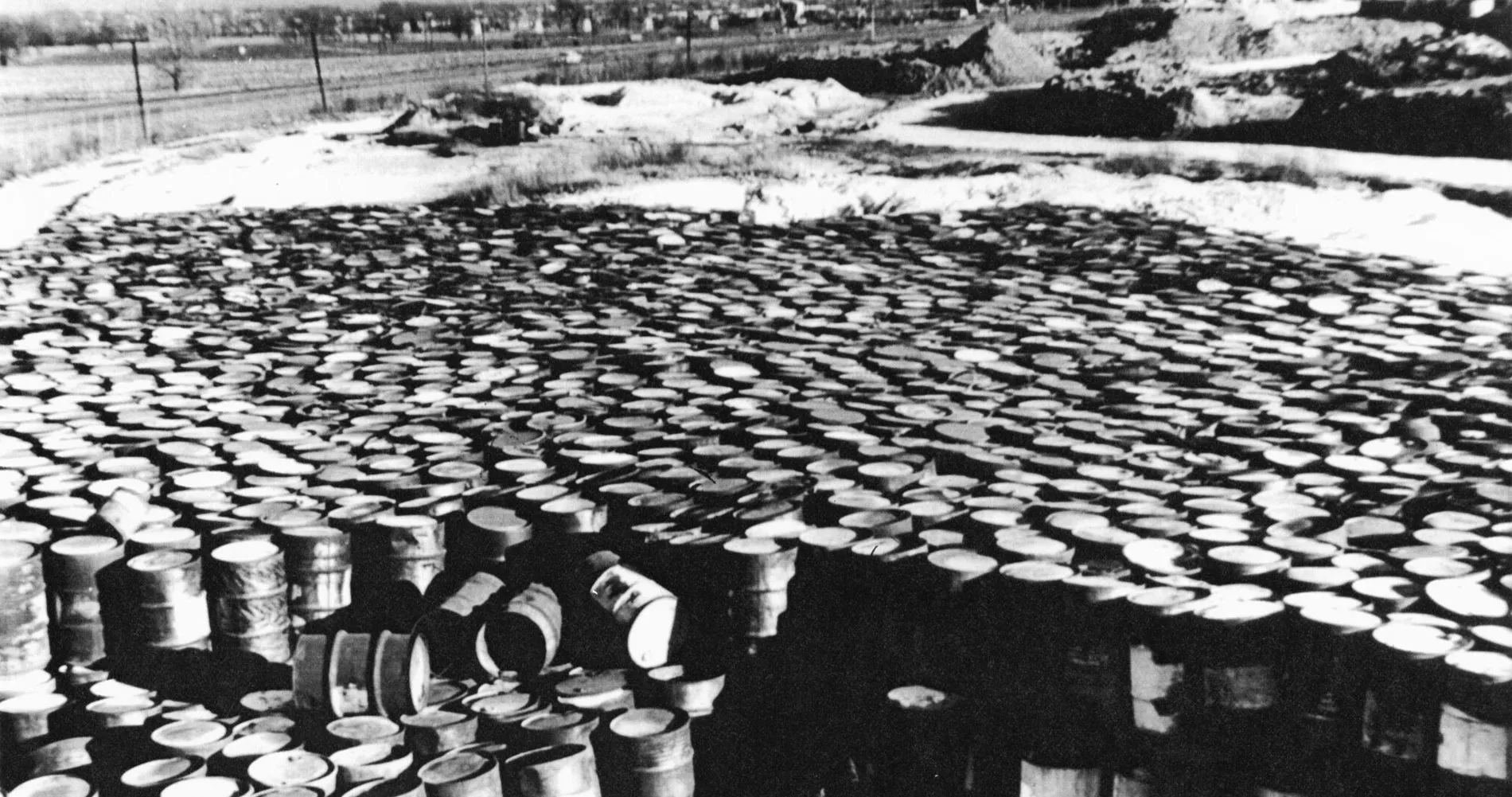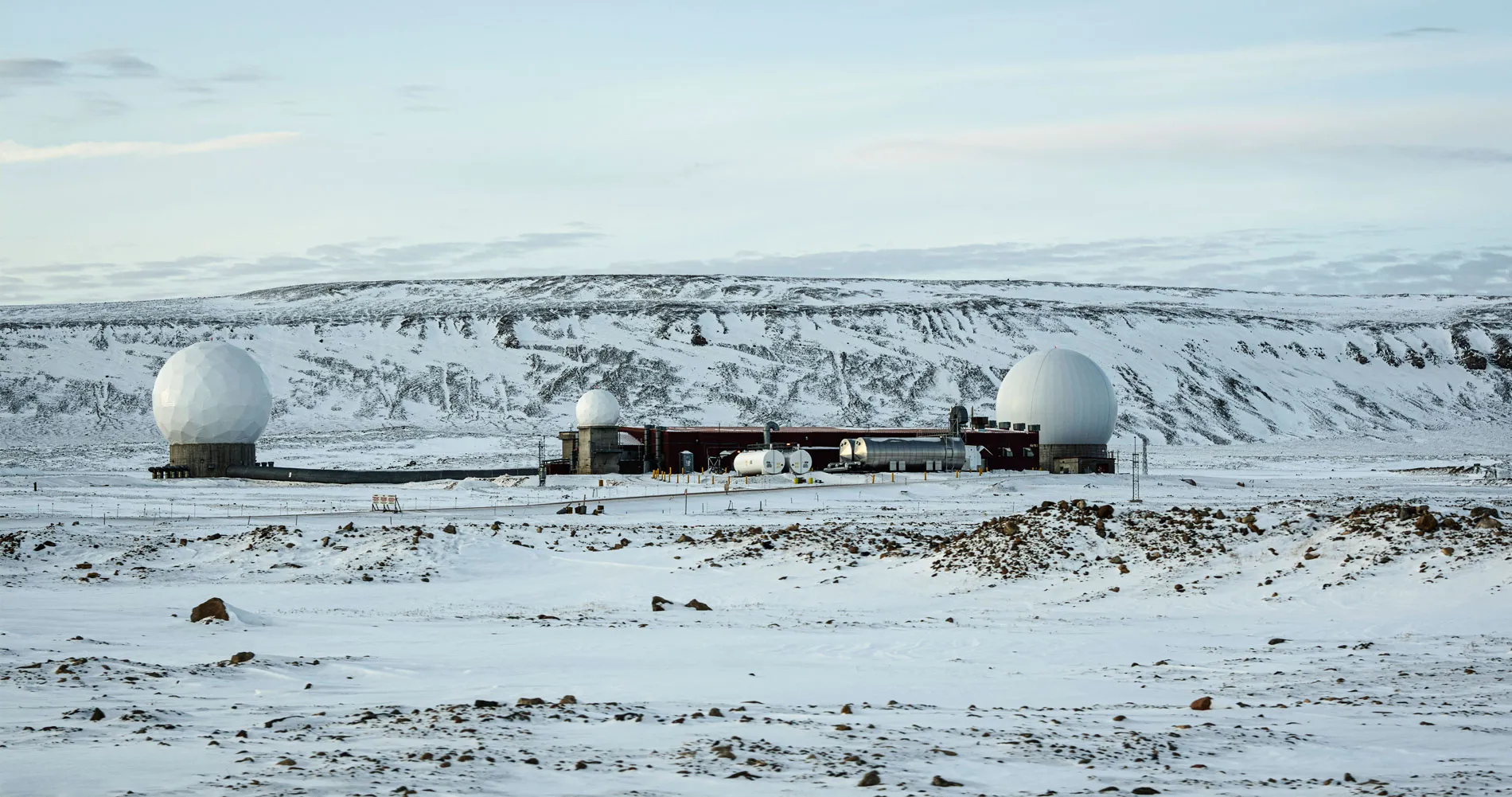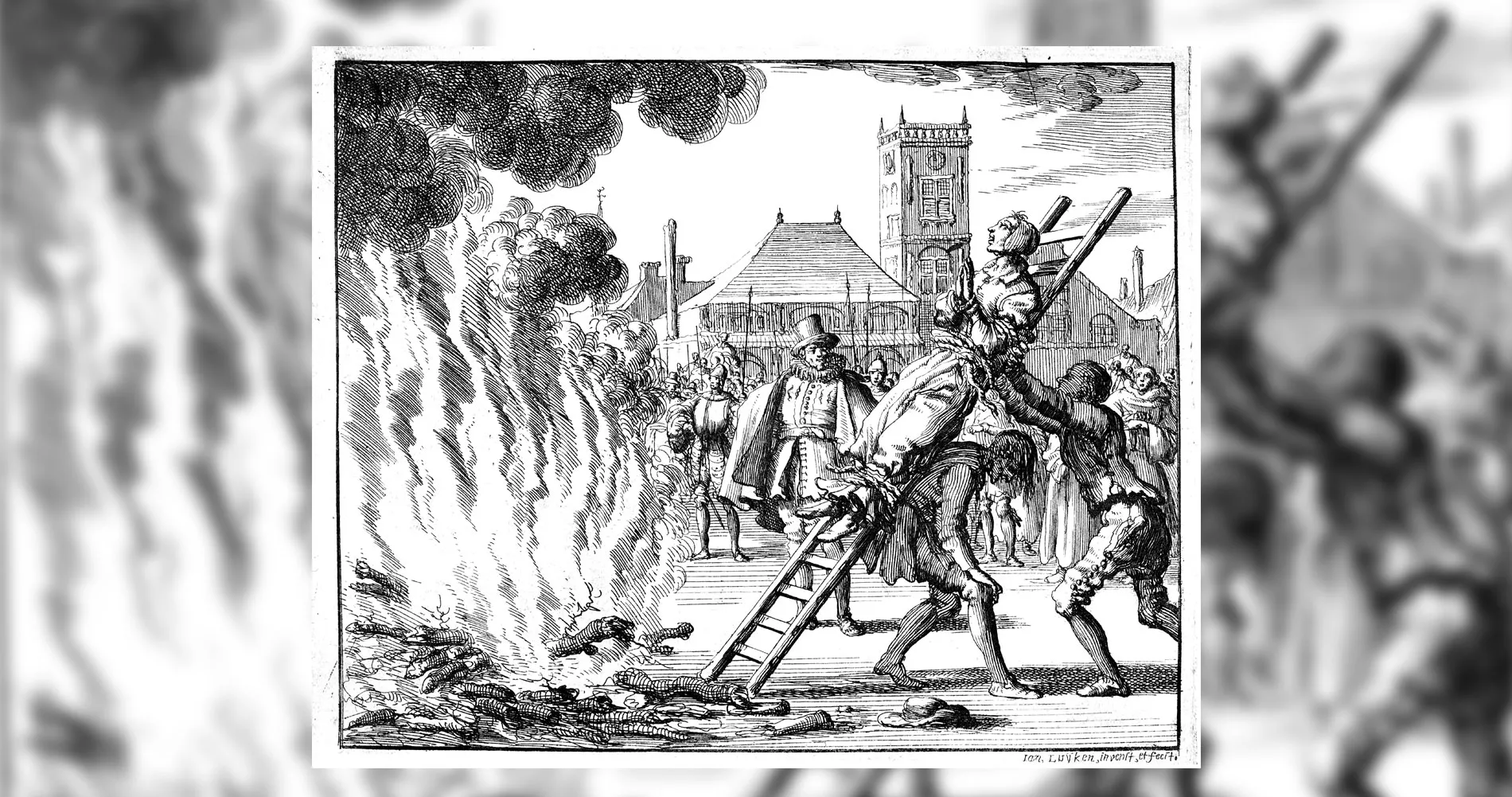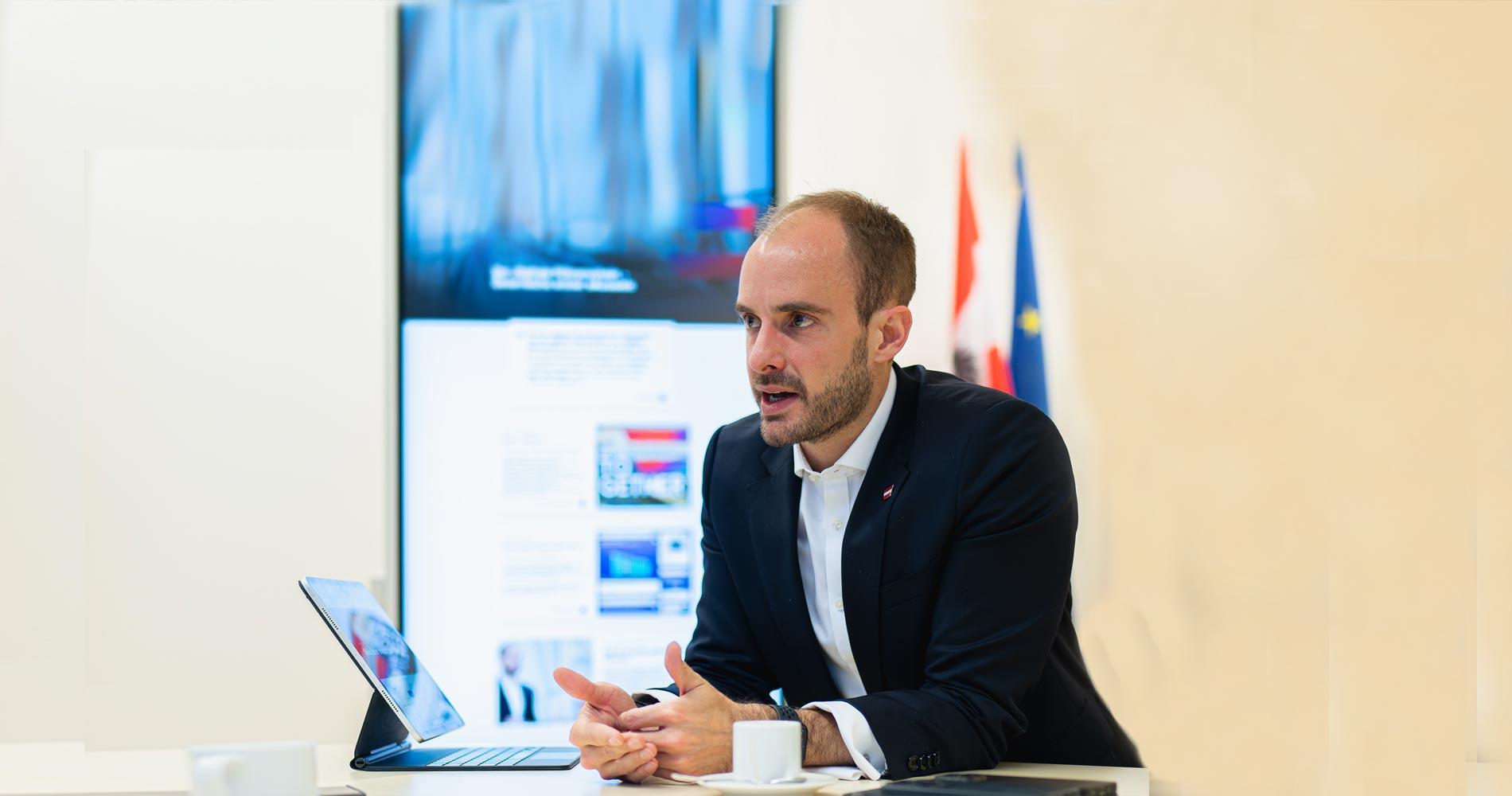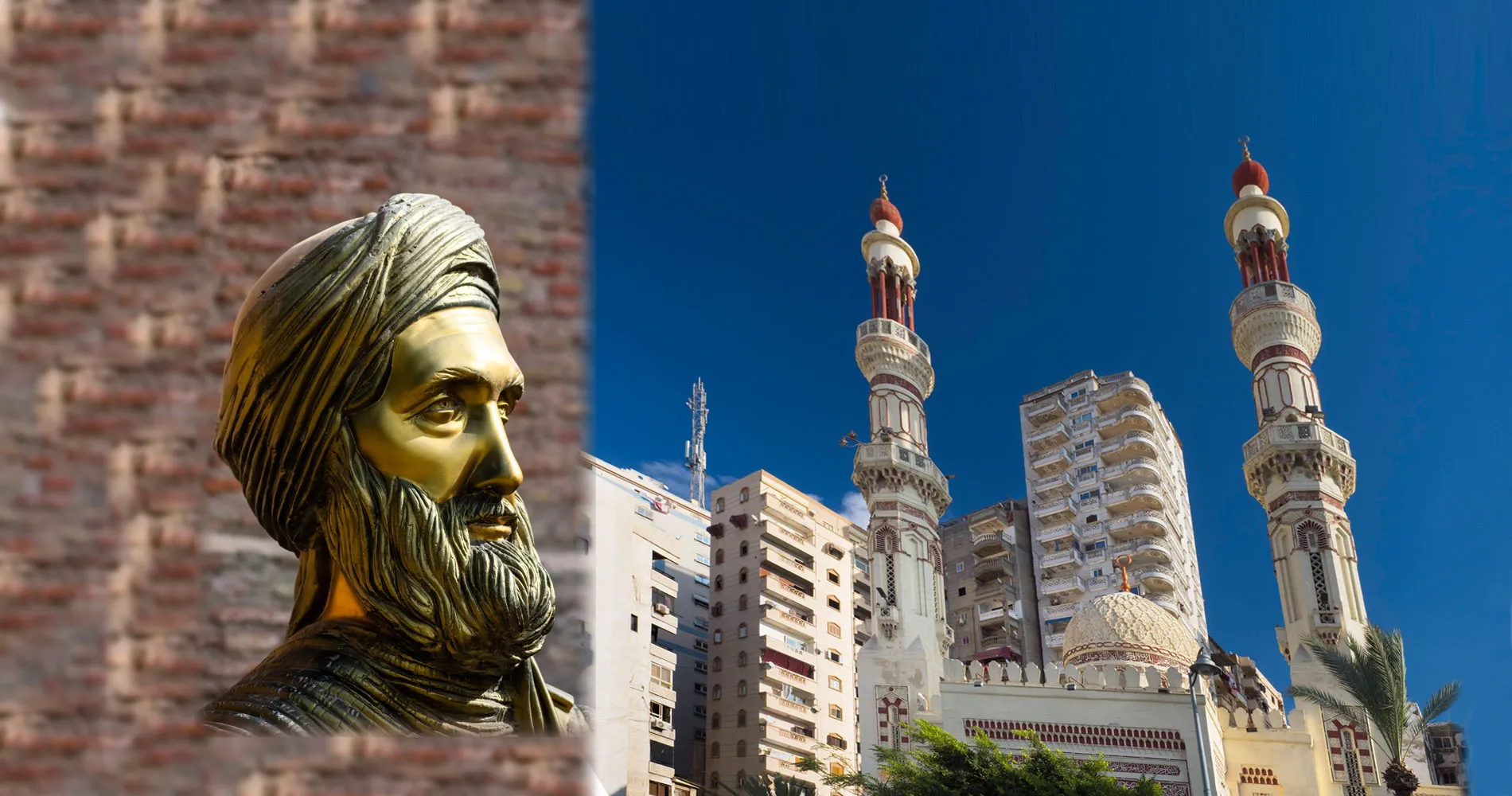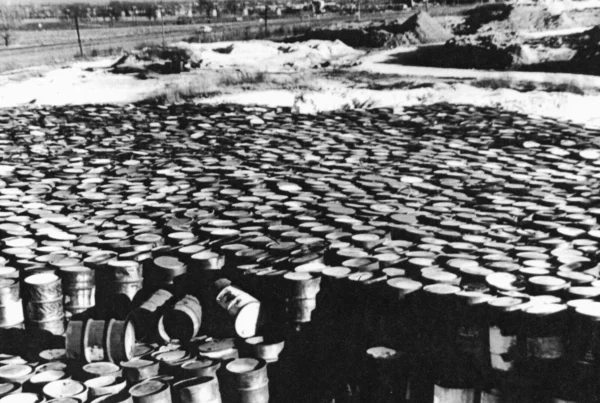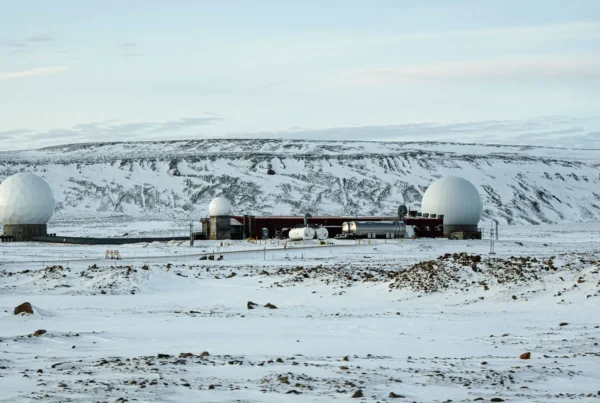For Taiwan’s President Lai Ching-te there are two sovereign Chinese states: the PRC and Taiwan. The PRC position is the One China principle: there is only one sovereign state, China, and Taiwan is an inalienable part of China. The US has recognized the PRC as the sole legitimate government of China. The PRC reacted to Lai’s deliberate provocation by once again encircling the island, blocking the influx of goods. Lai’s goal to internationalize the issue will not change the fact, that neither China nor the US have any inclination to start a hot war over the island’s status.
Susanne Weigelin-Schwiedrzik
23 October 2024
Chinese version | French version | German version | Spanish version
The navy of the People’s Liberation Army (PLA) has once again shown what it can do. With a suitable time lag, but skillfully, it once again encircled the island of Taiwan. The blockade did not last long but nevertheless caused a stir worldwide and created yet another issue which had to be dealt with by Taiwans’ President, Lai Ching-te. The People’s Republic of China has made clear that it can interrupt the influx of goods to Taiwan, which relies on imports to maintain normal life. It also shows that the world, which relies not least on Taiwan’s chip industry, can get into serious economic difficulties as a result of such blockades. Why did China do this?
The double tenth, 10 October, is the national holiday of the Republic of China. The revolution that brought down the dynastic system in China in 1911 took place on 10 October and gave rise to the Republic of China. Unlike the last imperial dynasty, it never accepted its defeat by the Communist Party which, on 1 October 1949 under its leader Mao Zedong proclaimed the founding of the People’s Republic of China. This is precisely the reason why Taiwan celebrates its National Day on 10 October every year. During the celebrations, the newly elected President took the opportunity to make his position known.
Lai has expressed himself more clearly than his predecessor. For him, there is no discussion about whether there are one or two Chinese states. For Taiwan’s present leader, there are two Chinese states, the Republic of China and the People’s Republic of China. If these two states want to try to coexist peacefully and refrain from using armed force, then they must negotiate with each other like two sovereign states. Lai used the Chinese four-character expression hu bu li shu, which has been quoted time and again since his inauguration speech in May 2024: No one is subordinate to the other.
As a prerequisite for negotiations with Taipei, Beijing must therefore abandon its view that there is only one China and that Taiwan can therefore be no more than a province of this one China ruled from Beijing. This statement was addressed to the party and state in the PRC, and with it, Lai crossed the “red line” defined by Beijing: he told Beijing that Taiwan did not have to declare its independence because it was independent, and he told Beijing that the recognition of Taiwan’s independence by the PRC was a prerequisite for talks.
The second important argument President Lai put forward relates to the legitimacy of the political system on Taiwan. The leaders of the Republic of China, who ruled mainland China until 1949, left the mainland in 1949. This reduced the territory of the Republic of China to that of Taiwan. They did this in the hope of one day being able to rule the mainland again. As a representative of the Democratic Progressive Party, Lai distances himself from this version of the one-China theory and explicitly limits the claim to rule to Taiwan, which he believes is the second Chinese state. Even though he heads a party that was long regarded as illegal by the Kuomintang, which ruled China at the time and left the mainland during the civil war, he is prepared to accept the state structure it “transferred” to Taiwan, including the associated constitution.
This message was primarily aimed at the citizens of Taiwan who did not vote for Lai. He knows that he could only get 40% of the votes behind him. The two opposition parties have the majority in parliament, and the two opposition party candidates combined have more votes than he has. Their voters probably differ from those of Lai Ching-te’s Democratic Progressive Party in one particularly important respect: they see themselves as Chinese and do not want to give up the connection to their Chinese ancestors and family members, some of whom live on the mainland. They are not willing to adopt a “Taiwanese” identity and pretend to be something other than those Chinese living on the mainland or elsewhere in the world. Lai does not insist on a separate Taiwanese identity. He refers to the “other China” and thus allows citizens on Taiwan to see themselves as Chinese. The majority of people on Taiwan are in favor of preserving the status quo and want neither reunification nor independence.
The third argument Lai put forward was directed at the world. He wants to internationalize the Taiwan problem. He described Taiwan as part of an international front that is currently fighting for freedom and peace all over the world, thus relativizing the diplomatic isolation into which Beijing has driven the Republic of China. The fact that only 13 countries recognize the statehood of the political entity on Taiwan is irrelevant in view of the fact that Taiwan occupies a firm place in the “Western” alliance that is committed to preserving the “rules-based international order”. In this alliance, everyone supports each other, and the fact that ships from the German and Japanese navies recently sailed through the Taiwan Strait, for example, is taken to show that Taiwan is also seen by others as part of this alliance.
With these three statements, President Lai deliberately provoked Beijing, and speculation is rife as to whether he did so on Washington’s instructions or whether this approach stems from his own strategy. The Chinese Foreign Ministry spokeswoman tends to regard Lai as a puppet of the USA and, with her furious attack on Lai, indirectly explains why China does not immediately resort to military means to repel Lai with all its might. There is a secret understanding between the USA and the PRC that there should be no escalation between the two nuclear powers before the elections in the USA. This implies that the US sticks to the “one China policy” and refrains from supporting any claim for independence. Accordingly, Washington had already let the rulers in Beijing know in advance that it was assumed that Beijing would react to this speech with restraint.
However, there is some evidence that Washington knew what Lai would say, but that he used the opportunity to say more than Washington would have liked. Lai must fear that the US will be so busy in the coming weeks and months in Ukraine and in the Middle East that it will not be able to support Taiwan even if there were a military attack by the Chinese People’s Liberation Army. He must provoke China in order not to lose attention for the Taiwan issue and remind the world that there is another conflict simmering in East Asia that could erupt at any time. However, the aim of Lai’s approach is not limited to gaining attention. As with Philippine President Marcos, he wants to use provocations against China to force the USA to maintain military capacity in the East Asia region to such an extent that it can at least have a deterrent effect on the PRC and its plans to possibly force the reunification of mainland China and Taiwan militarily.
The PRC is currently experiencing an economic crisis that is already having an impact on the cohesion of the political elite. This is another reason why Beijing’s reaction to Lai Ching-te’s speech is moderate within the bounds of what could have been expected. Even more significant for the choice of means used against Lai’s speech, however, is a strategic consideration. Owing to the present election campaign in the USA and the escalation of the conflict in the Middle East, the PRC certainly sees opportunities to take action against Taiwan without the USA being able to intervene in the conflict. However, it is not seizing this opportunity. Officially, it justifies this by saying that military action should not be taken as long as there are still opportunities to resolve the conflict diplomatically. However, the real reason is most likely a veto by the military: neither the US nor the PRC military is currently prepared to go to war over Taiwan.


